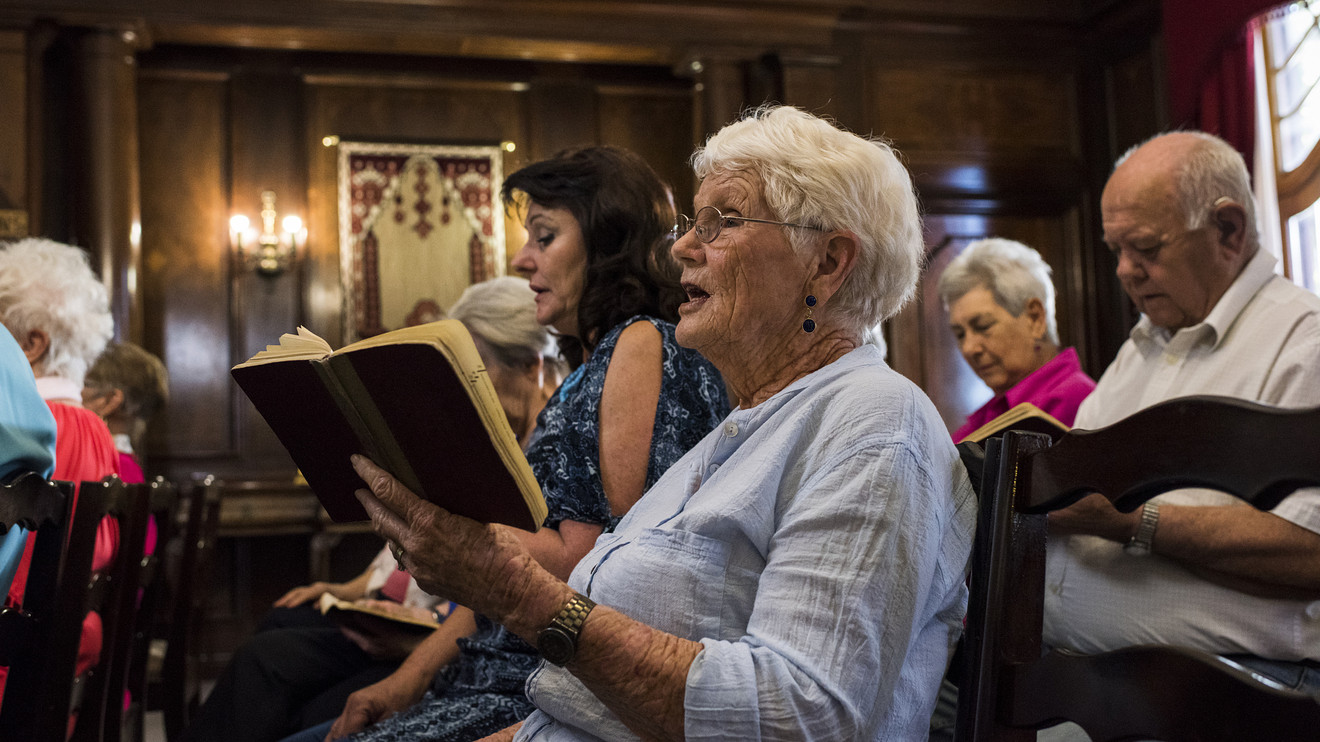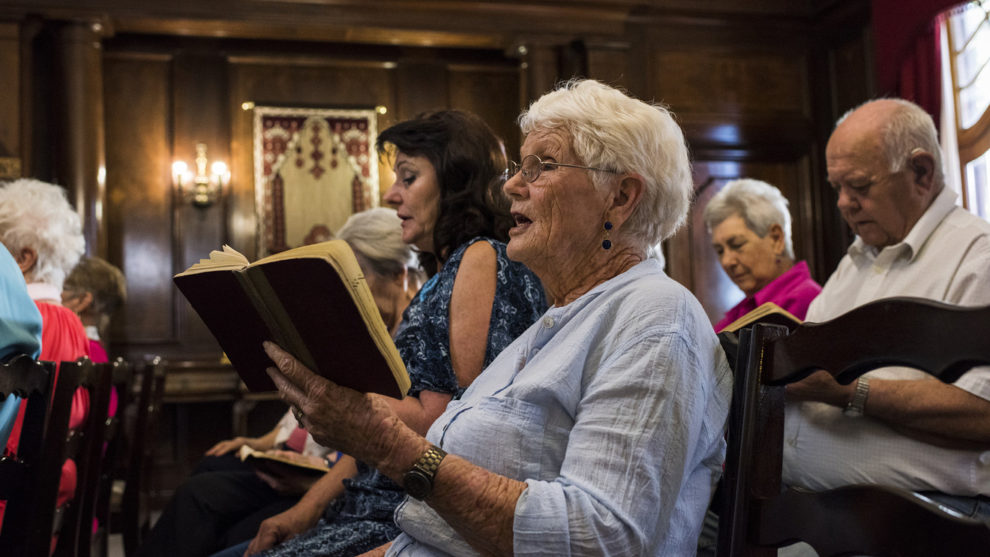
As you count the years and months until you can retire, you fantasize about your new life: More time to enjoy your family and favorite hobbies, freedom to sleep late and a lack of obligatory commitments.
With nowhere to be by a certain time, newly minted retirees can do what they want, when they want. All that glorious choice leaves you dizzy with possibilities of what to do.
There’s one option that can unexpectedly rise to the top—an activity that barely registered during your working career but now holds allure.
Here’s a hint: It involves praying.
“As people age, they become more religious,” said Mark Kunik, professor of psychiatry at Baylor College of Medicine in Houston, Texas. “There’s no doubt about that.”
What leads to this intensified practice of faith? It’s all part of the changing landscape of a retiree’s new reality.
“People are looking for meaning for their life,” Kunik said. “When people work, they feel that meaning in their work. There’s a vacuum when they stop working,” so they look elsewhere.
Two other factors can drive retirees to their local church, synagogue or mosque. First, seniors who experience a series of losses (from physical decline to the death of loved ones) may seek solace in religion. Second, they may crave companionship and welcome an opportunity to get out of the house and interact with others who share a common bond.
“Religion can provide social support, especially when you retire,” Kunik said.
He adds that seniors gain health benefits from deriving meaning and purpose from life. Such fulfillment can come from religion, of course, but also from other sources such as volunteering for a nonprofit organization or learning a new skill.
A local place of worship can thus serve double duty: Aside from attending religious services—what Kunik calls “praying and leaving”—you can attend social events such as concerts, movie screenings and discussion groups at that venue.
“It’s those learning and social activities that are good for cognitive and psychological health,” he said. “Even having meals together is a healthy practice.”
While religion is certainly not required to enjoy a happy retirement, it doesn’t hurt. Weekly attendance at a place of worship makes you significantly more likely to be happy in retirement when compared with non-attendees, according to a 2018 survey by Wes Moss, author of “You Can Retire Sooner Than You Think.”
“People who said they attended church once a week were one and a half times more likely to be happy,” said Moss, chief investment strategist at Atlanta-based Capital Investment Advisors. “People who only attended church one to three times a year were 50% more likely to be unhappy.”
But don’t get carried away. Once church attendance increased to more than once a week, happiness levels receded.
Moss can’t explain that. But he does emphasize that religion can serve as a “core pursuit”—a central activity that shapes a retiree’s life.
“Whether it’s attending weekly religious services or engaging in other core pursuits like volunteering, retirees need to avoid idleness,” Moss said. “Social connectedness becomes more challenging when you no longer work and you’re not around people as much. So you have to make extra effort” to participate in your community in order to get more satisfaction from your golden years.
div > iframe { width: 100% !important; min-width: 300px; max-width: 800px; } ]]>











Add Comment